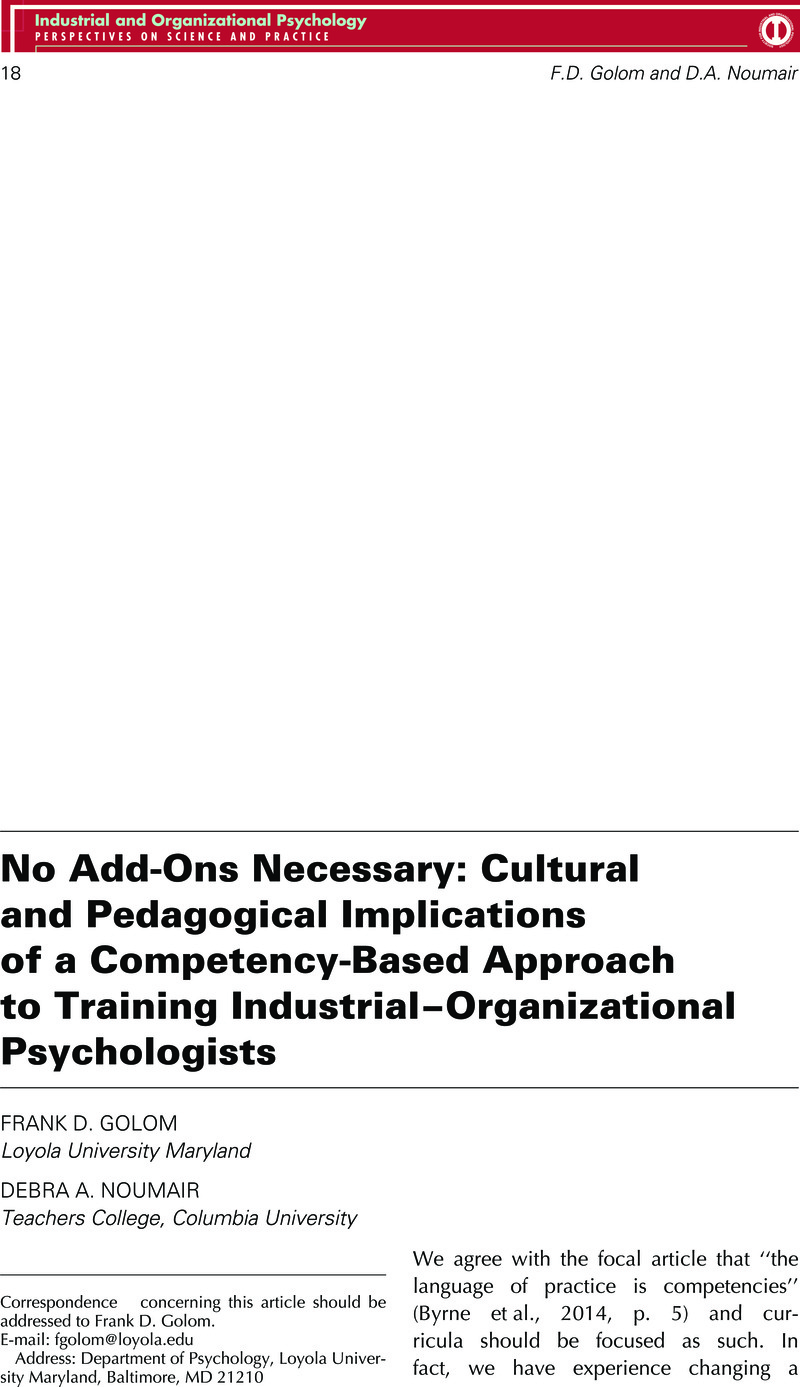Crossref Citations
This article has been cited by the following publications. This list is generated based on data provided by Crossref.
Golom, Frank D.
2017.
The Palgrave Handbook of Organizational Change Thinkers.
p.
1.
Golom, Frank D.
2017.
The Palgrave Handbook of Organizational Change Thinkers.
p.
987.



